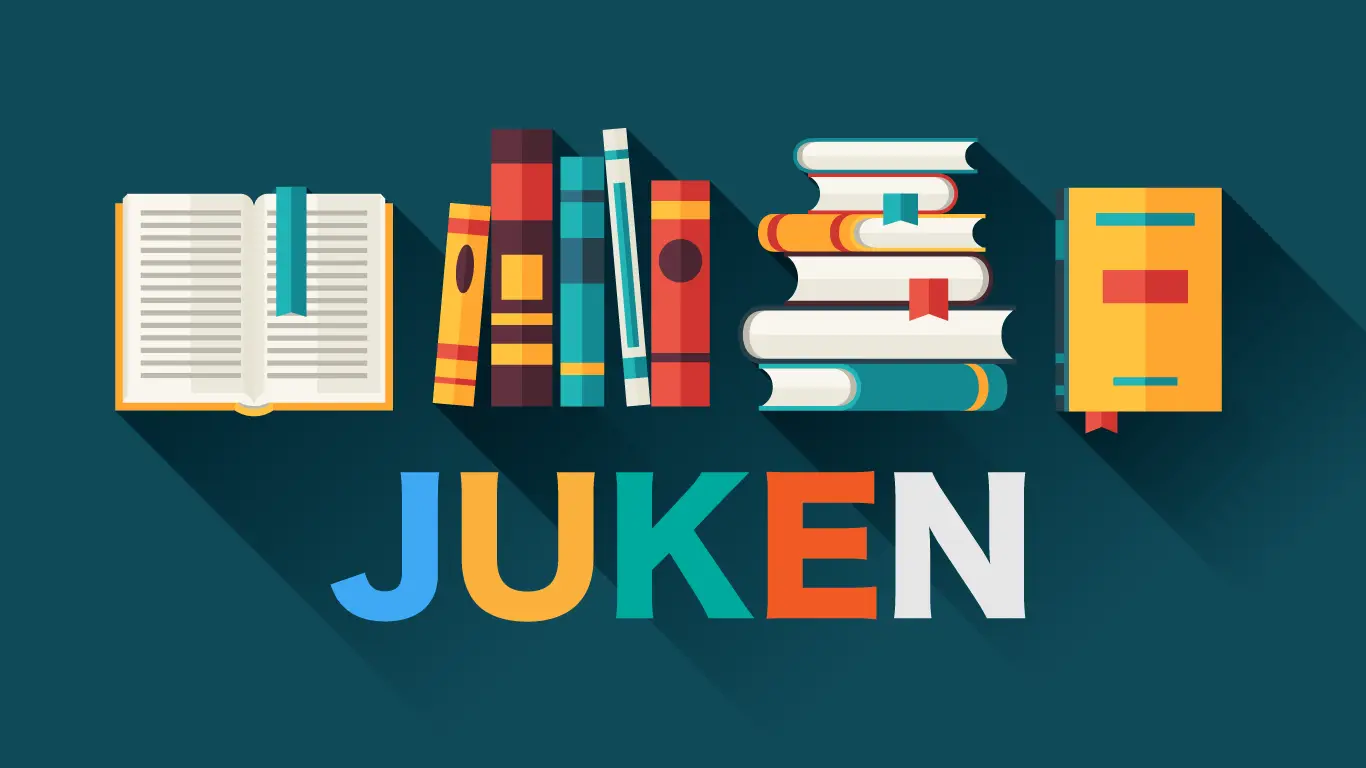What Parents Can Do to Make a Difference in Preparation for the Exams

English follows Japanese
小学6年生プログラムは Final Term を迎え、受験シーズンが本格的にはじまります。生徒、親、講師は皆、試験に向けてベストを尽くすために注力し、忙しくなります。そこで今回は、お子様がKAを最大限に活用し、来たる試験本番において、最小限のストレスで最高のチャンスを掴みとれるようサポートするためのアドバイスをご紹介したいと思います。
一般的に、子どもの学習において親が最も大きな変化をもたらすことができる部分は、「モチベーション」と「オーガナイズ(整理整頓)」の2つで、どちらもとても重要です。
お子様のやる気を引き出すには、まず家族でじっくりと話し合い、志望校について詳しく調べましょう。そして親として望む教育方針をしっかり伝えた上で、お子様自らそれぞれの志望校に入学したい理由を見つけ、言葉にできるようにサポートすることが有効です。親子で熱意を持つことが彼らの勉強に影響を与え、前進する原動力になりますので、定期的に話し合う時間をつくりましょう。
また、宿題や調べ物をしたり、エッセイを期限内に提出したり、読書や復習をしたり、リラックスしたりするのに十分な時間を確保できるスケジュールをお子様と一緒に立てることで、受験がよりスムーズになるでしょう。例えば、宿題や復習の目標時間を設定し、達成できる短期目標にすることで、お子様ももっと勉強したいと思うようになるだけでなく、リラックスできる時間も増えます。子どもはこのようなサポートを受けることで、合格につながる学習スキルと習慣を身につけるための、確かな土台を築くことができるのです。
学習習慣の中でも、おそらく最も大きな影響を与えるのは読書です。フィクションでもノンフィクションでも、生徒によって読む本のレベルは異なりますが、様々なニュースや小説を読むことは、筆記試験やエッセイだけでなく、これらのトピックが質問として頻繁に取り上げられる面接でも役立ちます。また読書は語彙力を短期間で向上させる最良の方法であり、自分にとって少しチャレンジングな小説や記事(1ページあたり、3~5語程度の新出単語を含むレベル)を積極的に読む生徒の方が、単語帳を読む生徒よりもはるかに早く、語彙、句動詞、慣用句を習得することができます。毎日読書の時間を作ることは大切ですが、それだけでなく、お子様がその本から何を学んだか、アイデアについてどう感じたか、トピックや時事問題を自分の生活とどう関連づけることができるかについて話し合う時間も作ることをお勧めします。
エッセイと面接の両方に備えるには、お子様が積極的にコミュニケーションをとるように促すと良いでしょう。KAでは、少し早めに校舎に来たり、レッスン後に残って他の生徒(特にお互いによく知らない生徒)と話したり、先生やアシスタント、スタッフに質問したりすることで、自然とコミュニケーションをとる機会をつくることができます。また面接の準備として、過去のエッセイトピックや、毎週の調べ物、将来の夢、その他関連する事柄について、ご家庭での会話を活発にすることもできます。自分の意見を共有したり、フォローアップの質問をしたりするようにお子様を促すことは、毎週 KAで取り組んでいることをサポートすることにもつながります。
最後に、スコアを伸ばしたり、それを安定させるためには、たいてい特定の分野に集中する必要があります。エキストラワークを他から探すのではなく、復習のために KA Connect をフルに活用することを生徒全員に勧めています。特に "Backpack "では、生徒が取り組むべきあらゆる分野の教材を見つけることができます。お子様はもちろん、保護者の皆様にも、私たちが提供するすべての教材に目を通すことをお勧めします。また復習やスキルアップのために、"Edification and Relaxation time "を設けることをお勧めします。何から始めたら良いかわからない場合は、クラスで講師に質問するのも良い方法です。
私たちは生徒の皆様がこの受験シーズンで見せてくれる頑張りを、今から楽しみにしています。挑戦してよかったと思えるように、残り数ヶ月、皆で力を合わせましょう!
As we enter the final term of 6th grade and the exam season begins, students, parents, and teachers all become busy and focused on doing the best they can in preparation for tests. To assist with this, I would like to share some advice on how you can support your child in getting the most out of their KA studies to give them the best opportunity possible with minimal stress in the upcoming “Juken” tests.
Generally, parents can make the biggest difference in two important areas: motivation and organization. To motivate students, it can help to sit down as a family, discuss target schools, and conduct detailed research on each while explaining your educational goals for your child and helping them find and voice their own reasons for wanting to attend each target school. This enthusiasm provides context to their studies and drives students forward, so please discuss these points regularly. You can also assist by working with your child to build a schedule that allows them enough time to complete homework and research, submit their essays on time, and read, review, and relax. This makes “Juken” much smoother for everyone. For instance, helping students set time goals for homework and review activities provides short, achievable goals, which also makes them want to learn more and gives them more time to relax. With support in these areas, students will have a solid foundation on which to build successful study skills and habits.
The first and perhaps most impactful of these habits is reading. Every student will be at a different level in both fiction and non-fiction reading, but reading a wide variety of news stories and novels helps not only in tests and essays but also in interviews, where these topics are frequently brought up as questions. Reading is also the best way of improving vocabulary quickly, and students who push themselves to read novels and articles that challenge them slightly (usually with around three to five new words per page) pick up vocabulary, phrasal verbs, and idioms much faster than those who “cram” lists. Making sure that your children make time to read every day is therefore important, but we also encourage you to discuss what they have read about, how they feel about the ideas presented or characters, and how they can relate the topics and issues in their reading to their own lives.
To help prepare for both the essay and the interview, it can help to encourage your children to be active communicators. This can be worked on at KA by having them come in a little early or stay after class to talk to other students (especially those they don’t know) or to ask teachers, assistants, and even staff questions. You can also facilitate conversations at home about previous essay assignments, their weekly research, their future dreams, and other relevant subjects to help them prepare for interviews. Guiding them to share their opinions and ask you follow-up questions about these points will support what we work on at KA each week, too.
Finally, students often need to focus on certain areas to boost or consolidate scores. Rather than seeking extra work, we encourage all of our students to explore KA Connect in full to help review. There, and especially in the “Backpack” section, students can find materials for every area they need to work on, so we encourage you, and them, to take a look at everything on offer and to schedule some “Edification and Relaxation time” to review and build their skills. If your child is unsure of where to begin, asking a teacher in class is a great way to get started.
We are excited about the upcoming testing season, and we are already looking forward to seeing our students’ results. Let’s all work together to make this “Juken” year a fantastic success!

帰国子女アカデミー Head of Juken


